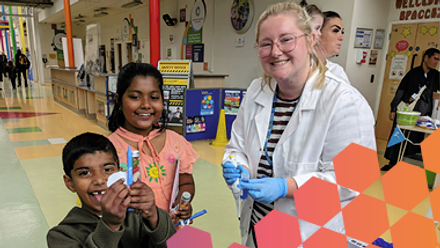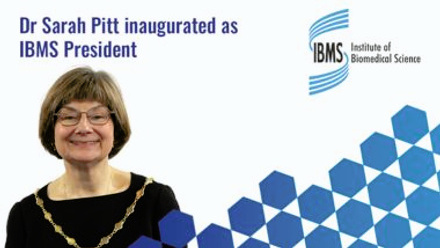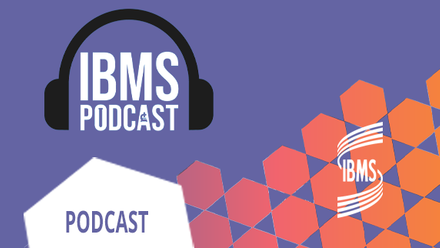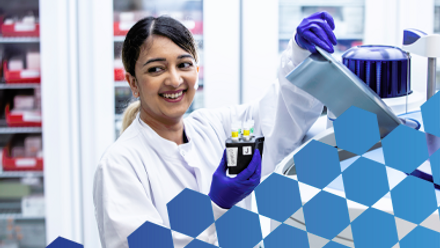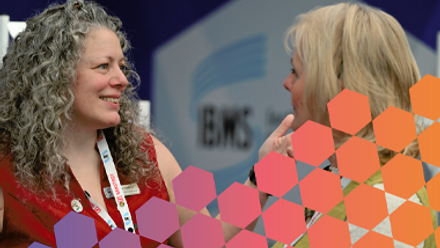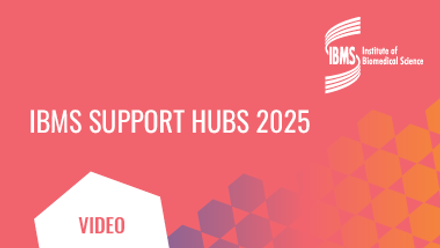IBMS Fellow challenges MPs on evidence use
Now in its eighth year, Evidence Week is run by Sense About Science, an independent charity that promotes the public interest in sound science and evidence.
Robert Simpson, an IBMS Fellow and former IBMS Treasurer, went to Westminster to take part in a special ‘reverse’ committee event in Parliament, where members of the public put MPs in the hot seat to answer questions about how they use evidence in policymaking.
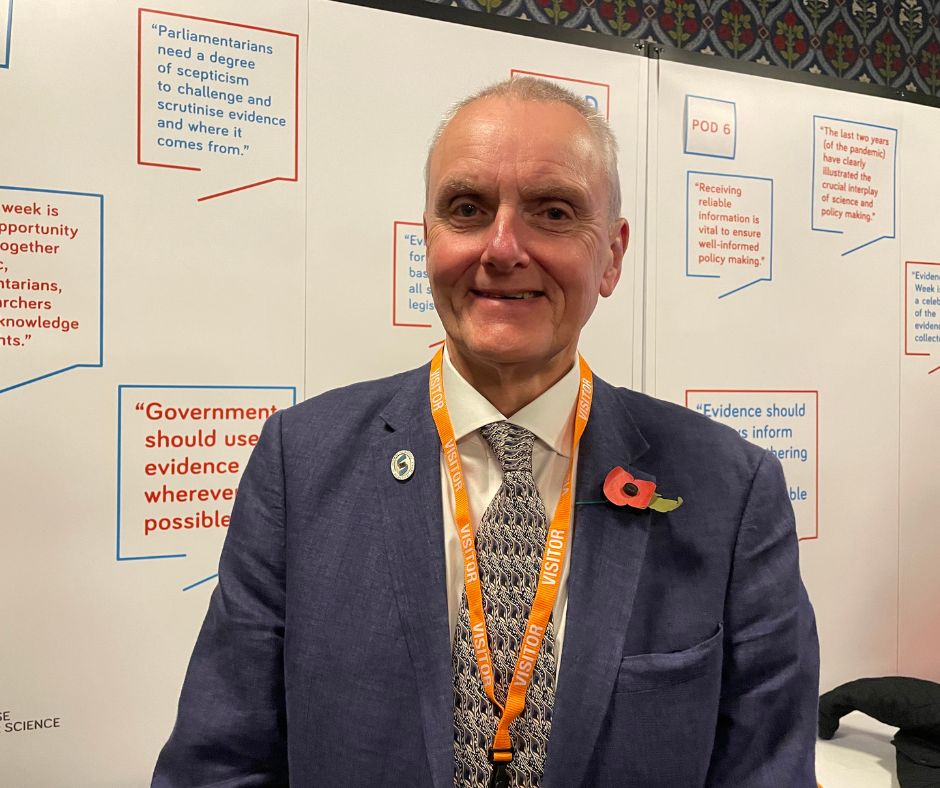
Robert asked how well-equipped Parliament is to assess statistical and scientific evidence when scrutinising government policy. He stressed that good decisions depend on MPs having the time, tools and confidence to question and understand complex data. His question reflected a concern shared by many scientists that policymakers need stronger tools, training and support to interpret scientific data accurately and make informed decisions on health, environment and innovation.
Commenting on the discussion, Robert said:
It was amazing, really engaging to see how the process works. I was impressed by the MPs and peers who took part; they gave thoughtful answers and showed a good grasp of the science, even if some responses had that political polish. The experience made things feel less opaque for me, now the question is how to get that understanding out to everyone else.
Robert is a Life Member of the IBMS, qualifying as a Biomedical Scientist in 1982 and gaining Fellowship in 1985. He is currently the IBMS Clinical Informatics Lead, Chair of the IT and Digital Specialist Advisory Panel and a tutor on the IT and Clinical Informatics Certificate in Expert Practice, and acts as a mentor in the IBMS Mentoring Programme.
He was among participants from across the UK who asked MPs about evidence-based decision-making, from how artificial intelligence is being used in government to how scientific uncertainty is communicated to the public.
Evidence Week brings together MPs and leading scientists to get the latest insights on pressing issues, covering topics as varied as health, the environment, net zero, cost of living, children’s wellbeing, and AI and innovation. Voters from across the country got to question seven chairs of parliamentary Select Committees about the evidence behind legislation that affects them.
Robert’s contribution helped ensure that the perspectives of biomedical scientists are reflected in national discussions about how evidence is used in Parliament.

